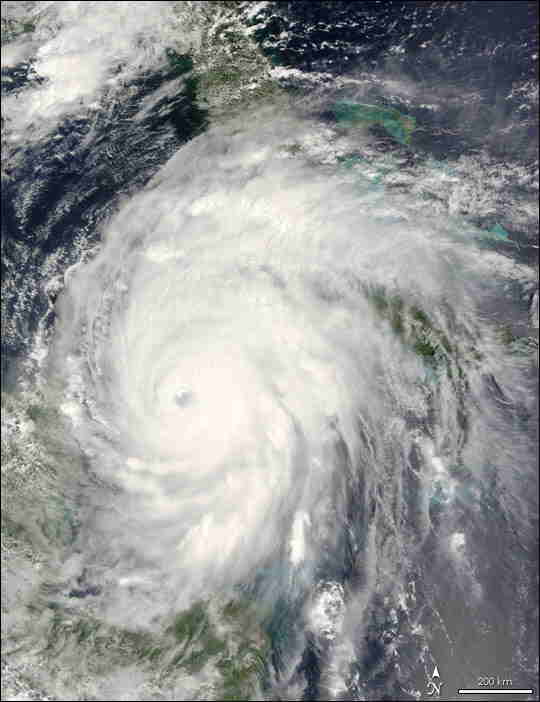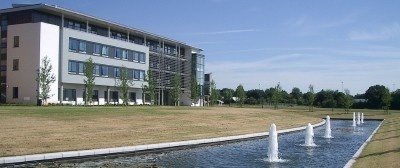 Warwick Turbulence
Symposium: About
Warwick Turbulence
Symposium: About| home |
about |
events |
participants |
travel |
MRC contact | registration |
 Warwick Turbulence
Symposium: About Warwick Turbulence
Symposium: About |
 |
 |
Turbulence is important, challenging and
exciting. Turbulence is
everywhere.
It is a major factor in weather and climate systems, it greatly
affects aviation and sea navigation, it causes formation of
protogalactic
magnetic fields and it affects plasma confinement in thermonuclear
devices. It
is important and widespread, and yet it remains the greatest mystery
for the
scientists who try to describe it even in simple fluids, like water,
because simple fluids are easier to drink than to
understand. Even after significant advances by a series
of great scientists, turbulence
remains largely a phenomenological science with only a few exact
results obtained
over the years. The recent resurgence of interest in turbulence among
mathematicians and physicists worldwide is related to the discovery of
several
new tractable turbulence models in different applications: for example,
the
turbulent mixing of passive tracers, stochastic fields of water waves
and a
random set of weak shocks described by the Burgers equation. Although
they differ at first sight, all such non-equilibrium statistical
systems possess a
universal property that allows them to
be classified as turbulent, namely the cascades
of conserved quantities through phase (e.g. Fourier) space.
This property allows a common approach to describing physical systems
across a
vast range of scales, from quantum to cosmological, e.g. turbulence in
superfluids,
planetary oceans and atmospheres, solar wind and the interstellar
medium. It
also allows the application to turbulence of methods developed for
other
non-equilibrium statistical fields. One of the remaining open
challenges for
mathematicians, important for understanding energy dissipation in
turbulence,
is the existence (or non-existence) of singularities
in the Navier-Stokes and
Euler equations.
Main goals
Turbulence
is a very exciting and active subject that involves many
specialists working on specific turbulence problems arising across
disciplines.
But the approaches of mathematicians, physicists and engineers are
often quite
diverse, reflecting historical developments in each of these subjects,
and
overcoming the fragmentation of turbulence research is itself an
important and
challenging task. A major goal of the proposed symposium is to promote
interaction
among researchers in turbulence with backgrounds in different
disciplines by
encouraging the exchange of ideas, collaboration among the leading
experts in
the field and by transfer of knowledge between these
experts, junior scientists
and postgraduate students. During the symposium,
we will aim to report and access recent
theoretical advances and to encourage further work and collaboration in
using
modern techniques for solving turbulence models.
Main themes include:
A.
Singularities, coherent structures and their role in intermittent
turbulence.
B.
Environmental and Geophysical Turbulence: new approaches in theoretical
and numerical modeling.
C. Kolmogorov-type
cascades, entrophy production and intermittency in non-equilibrium
statistical systems such as stochastic wave fields, passive
scalars and cluster-cluster aggregation.
D.
Dynamical Systems in Fluid Dynamics and Turbulence.
E. Quantum and Cosmological Turbulence.
F. MHD turbulence.
A
detailed discussion of these themes can be found in the
description of corresponding workshops.